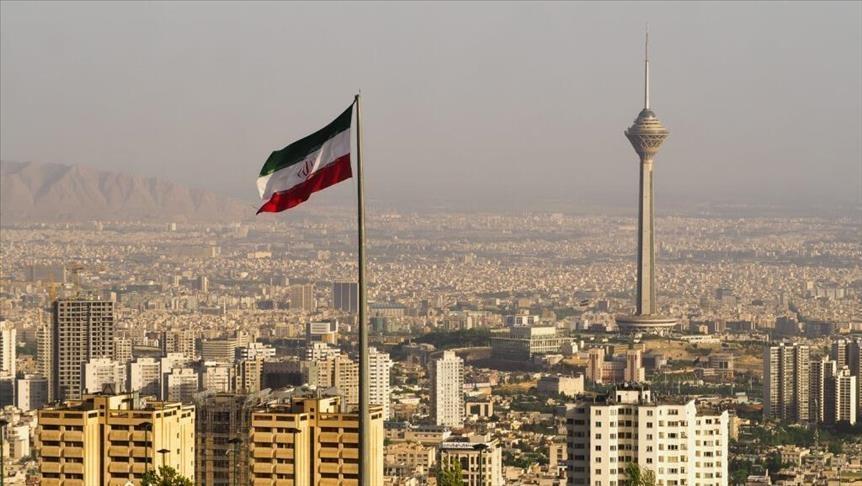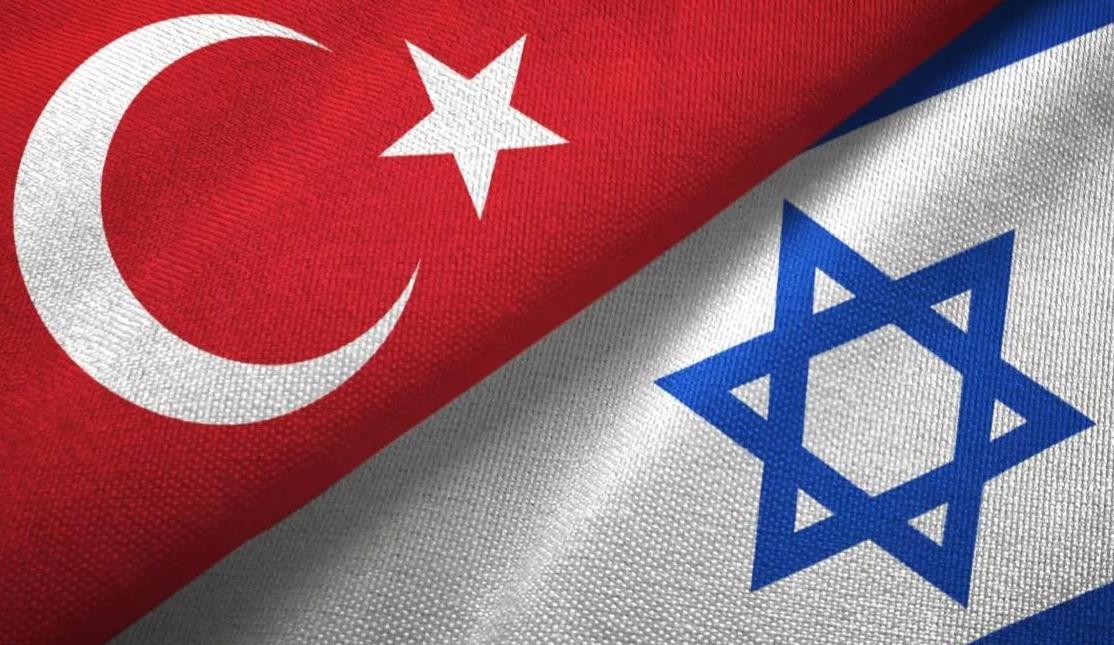Iran-Türkiye: What does Erdogan want to talk about in Tehran? Analysis by Maxim Petrov
Turkish President Recep Tayyip Erdogan intends to pay a visit to Tehran. Turkish media write about it. The visit will take place on July 19. A meeting with Iranian President Ebrahim Raisi is scheduled.
The development of the dialogue between Türkiye and Iran is connected with the diplomatic line that Ankara is currently choosing, and which is aimed at mitigating contradictions between various states of the Middle East. On the other hand, Türkiye wants to conduct a special operation against Kurdish armed groups in northern Syria and intends to enlist Iran's support in this matter.
To say that relations between the countries are not easy is to say nothing. Türkiye and Iran are the two most powerful non-Arab states in the Middle East, while the third, with which both also have difficulties, is Israel.
After the Arab Spring of 2011-2013 - numerous multi-class uprisings of the population against dictatorships - uprisings that engulfed many countries in the region, the Arab world was fragmented and weakened. Civil wars have not stopped in Libya, Yemen and Syria. Egypt is the most militarily powerful and densely populated Arab state, after a long period of instability it has returned to military dictatorship and relative economic growth, but it is a colossus with feet of clay, whose military power is undermined by corruption and the lack of effective scientific and technical modernisation. In such circumstances, the three non-Arab countries mentioned above came out on top, competition and contradictions between which began to strongly influence the region.
Iran is building its sphere of influence with the help of the Shiite communities of the Middle East, however, it also helps some Sunni Islamist groups. The Shiite Crescent, an area of states dependent on Iran, including Iraq, Syria and Lebanon, stretches from Tehran to the Mediterranean Sea.

The Arab Sunni monarchies of the Persian Gulf - Saudi Arabia, Bahrain and the UAE - preferred cooperation with Israel, which was also joined by Morocco, Egypt and Jordan. The Arab-Iranian conflict has come to the fore, pushing the Palestinian-Israeli and Arab-Israeli contradictions into the shadows.
The third bloc, led by Türkiye, also includes Qatar and a number of other forces, for example, the Government of National Accord in Tripoli, but Türkiye's influence extends beyond the Middle East.
In the case of Iran and Türkiye, there is a complex of acute conflicts related to armed confrontation. The countries are confronting each other in Syria, where Iran supports President Bashar al-Assad, and Türkiye is behind anti-Assad armed groups.
In northern Iraq, Türkiye is conducting combat operations against Kurdish and Yezidi armed groups associated with the PKK (the Kurdish Workers' Party, recognised in Türkiye as a terrorist organisation, is fighting for the autonomy or independence of the Kurds inside Türkiye from Iraq), while pro-Iranian militias, together with Kurds from the PKK, are shelling Turkish military bases in Iraq.
In addition, Iran is dissatisfied with the strengthening of Türkiye in the South Caucasus, which it considers its sphere of influence, and Türkiye as its own. Azerbaijan's victory in the 44-day war and the Shusha Declaration dramatically increased Türkiye's role in the region, leading to the formation of a military-political and economic alliance between Baku and Ankara. This irritates Tehran, which in turn supports Armenia.
Another issue dividing Türkiye and Iran is Israel. Recently, relations between Israel and Türkiye have begun to improve. And Azerbaijani-Israeli relations have become a solid foundation for the modernisation of the Azerbaijani Armed Forces. All together caused a strong reaction from Tehran, which is the main military and ideological opponent of the Jewish state in the Middle East. Iranians are now suspected of trying to organise attacks on Israeli businessmen and diplomats in Türkiye. The Israeli issue also affects Iran's position towards Azerbaijan. Tehran says that the leadership of the Islamic Republic of Iran does not want Israeli military or intelligence facilities to appear in Azerbaijan.
It would seem that with so many conflicts between Türkiye and its allies on the one hand, and Iran on the other, a direct clash between the two countries is very likely. Moreover, another factor leading to a clash may be the weakening of US influence in the Middle East. Americans are busy today, firstly, with the confrontation with Russia in Ukraine, and secondly, with the competition with China in East Asia, so they are not up to the Middle East. By the way, this factor leads to increased competition between the regional countries - the holy place is never empty. In addition, the United States will not be able to play the role of a regulator and mediator in the Middle East as confidently as before. This means that the threat of a big war between regional blocs is growing.
But that is why certain attempts are being made to detente relations between Türkiye and Iran. None of these two Middle Eastern heavyweights is interested in a big war. It would be too risky and dangerous. Both countries, besides currently having serious economic problems, understand everything perfectly well, and strive to avoid such stupidity.

Israeli analysts point out that Türkiye does not intend to play a one-sided game by siding with Israel and severing relations with Iran. Ankara does not consider the improvement of relations with Israel as something that may prevent it from developing cooperation with Tehran in some areas.
First of all, we are talking about the economy. Türkiye is interested in buying Iranian gas since the rise in hydrocarbon prices has a painful impact on the economy and leads to an increase in inflation. For Iran, whose economy is under devastating US sanctions - sanctions that affect exports and imports, the opportunity to trade with Türkiye is also extremely important.
In addition, it is possible that Iran and the Assad regime associated with it would benefit from a Turkish special operation in Syria if, as a result of it, 25 per cent of the territory of this country, which is currently occupied by Kurdish formations, would be divided between Türkiye and the Syrian-Iranian alliance.
For example, recently, Iran hinted that it would not object to Türkiye's armed actions in northern Syria, where Kurdish detachments are located. "We understand Türkiye's security concerns very well," Iranian Foreign Minister Hossein Amir-Abdollahian said at the final press conference after talks in Ankara with his Turkish counterpart Mevlut Cavusoglu. - We understand that a special operation may be required. Türkiye's security problems must be solved completely and on an ongoing basis."
Thus, Erdogan's visit to Iran pursues two goals. It is aimed at coordinating Turkish actions in Syria and at strengthening economic ties between the countries. The latter partly stop the contradictions and are important not only from an economic but also from a military-political point of view. However, acute issues will not disappear anywhere, and in the future, they will continue to affect relations between the countries.








